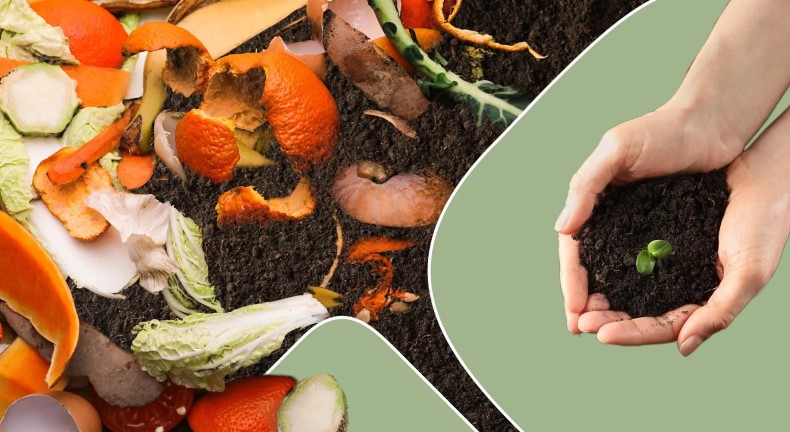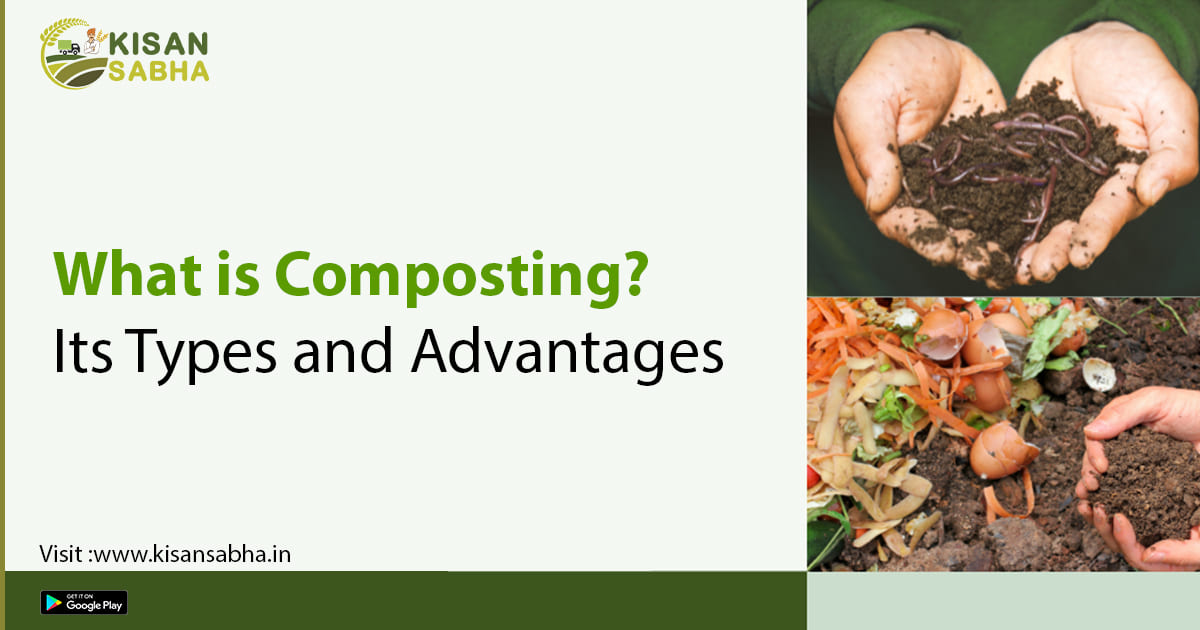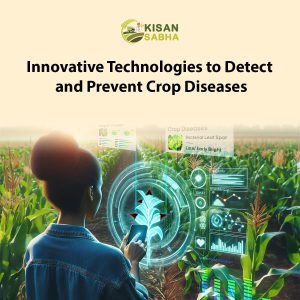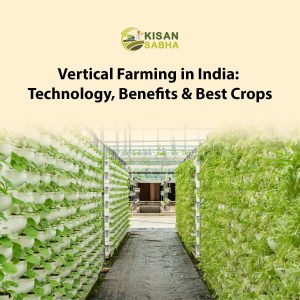What is Composting?
Composting is a simple and natural process that converts plant waste and kitchen and garden trash into nutrient-rich food that helps plants thrive and shine. Aside from that, it improves your garden soil, which promotes plant development.
Compost is an organic material that has been collected and degraded and is commonly used in organic farming. The resulting combination is used primarily for crop fertilizer and land repair.
It is free and assists you in recycling your kitchen waste. It is also environmentally friendly because it decreases the vast amount of garbage delivered to landfills, polluting the air.
Compost is highly nutritious for plants and is hence employed in agriculture. It is used as an agricultural fertilizer. It is also utilized in gardening and landscaping. Compost can also be used as a land correction agent and for various other uses such as landfills, soil erosion prevention, soil pesticides, etc.
Compost is formed by collecting various organic materials such as leaves, green food, fruits, animal manure, etc. This collection is then wetted and allowed to degrade until it decomposes into humus over time. Composting, on the other hand, has evolved.
Commands a process with sharp observations and frequent monitoring are recent ways. Compost is handled with air, carbon materials, nitrogen materials, water, and other substances. The compost is continually stirred to ensure that it receives complete air exposure.

The organic material is broken down into little pieces, wetted, and left for the worms and fungi to break down further. Aerobic bacteria, a particular sort of bacteria, also play an essential function. It contributes to chemical changes in the compost by converting the materials into heat and carbon dioxide. The preceding process also produces ammonia, which is then converted into nitrates and nitrites.
Types of Composting
Now, let’s examine the various composting methods:
Vermicomposting
Vermi composting often uses a variety of microorganisms, insects, etc., to break down food waste. Red worms, fungi, bacteria, and other insects are used in vermicomposting to break down materials or create food for others. Contrary to anaerobic and aerobic composting, this needs moderate care. The compost must be kept healthy with enough moisture and frequent observation.
Aerobic composting
Aerobic composting is the second kind of compost. As the name implies, it composts with air and microorganisms. The bacteria dispersing the nitrogen-rich organic waste will raise the temperature to a point where it will break down swiftly and odorlessly. This form of composting requires ongoing care and attention since the material must be turned over regularly for air supply and to maintain a high temperature.
Anaerobic composting
Anaerobic composting is composting that does not require the use of air. In this case, you build a rubbish pile and wait several years for compost to form. This requires little or no upkeep since slow-moving bacteria within the trash do not require air to break down. This compost is typically found in landfills. As the compost stuff decays, it emits an odor. That is why the majority of landfills emit a foul odor.
Also Read : The Role of Plant Sprayers in Plant Protection
The Advantages of Composting
Let us now look more closely at the advantages of compost:
- Compost is utilized to repair and enhance the degraded soil condition. As the contents of the compost rot, the microorganisms that live there produce humus. This humus is nutrient-rich and beneficial to damaged soil. It feeds the soil, keeping it fertile and moist.
- Chemical fertilizers, which are long-term soil toxins, can be directly replaced by composting.
- Composting aids in both the eradication of insect problems and the prevention of plant diseases, including nematodes, fusarium, and others.
- By directing waste from the garbage can to the garden, composting enables a household to reduce its daily waste output.
- Using compost, you may lessen the quantity of waste dumped in landfills. By doing this, you can contribute to reducing landfills and improving your city’s quality of life.
- Soil erosion can be reduced through composting. To stop the soil from eroding, compost and water are combined and sprayed over slopes throughout Europe. When other techniques for preventing soil erosion failed, organic compost proved to function just well.
- Pollution can be avoided through composting. The organic waste can be used in compost instead of being dumped in a landfill, eventually producing leachate and methane. It prevents rainwater that is flowing from carrying pollutants from getting to our water sources.
- It has been observed that both semi-volatile and volatile organic substances are handled during composting. They also eliminate both chlorinated and non-chlorinated hydrocarbons. The same holds for heating fuels and polyaromatic hydrocarbons. It takes in odors and maintains a firm grip on heavy metals in the soil, preventing them from being washed away by water or eaten by plants. It is widely marketed and offered for sale commercially.





